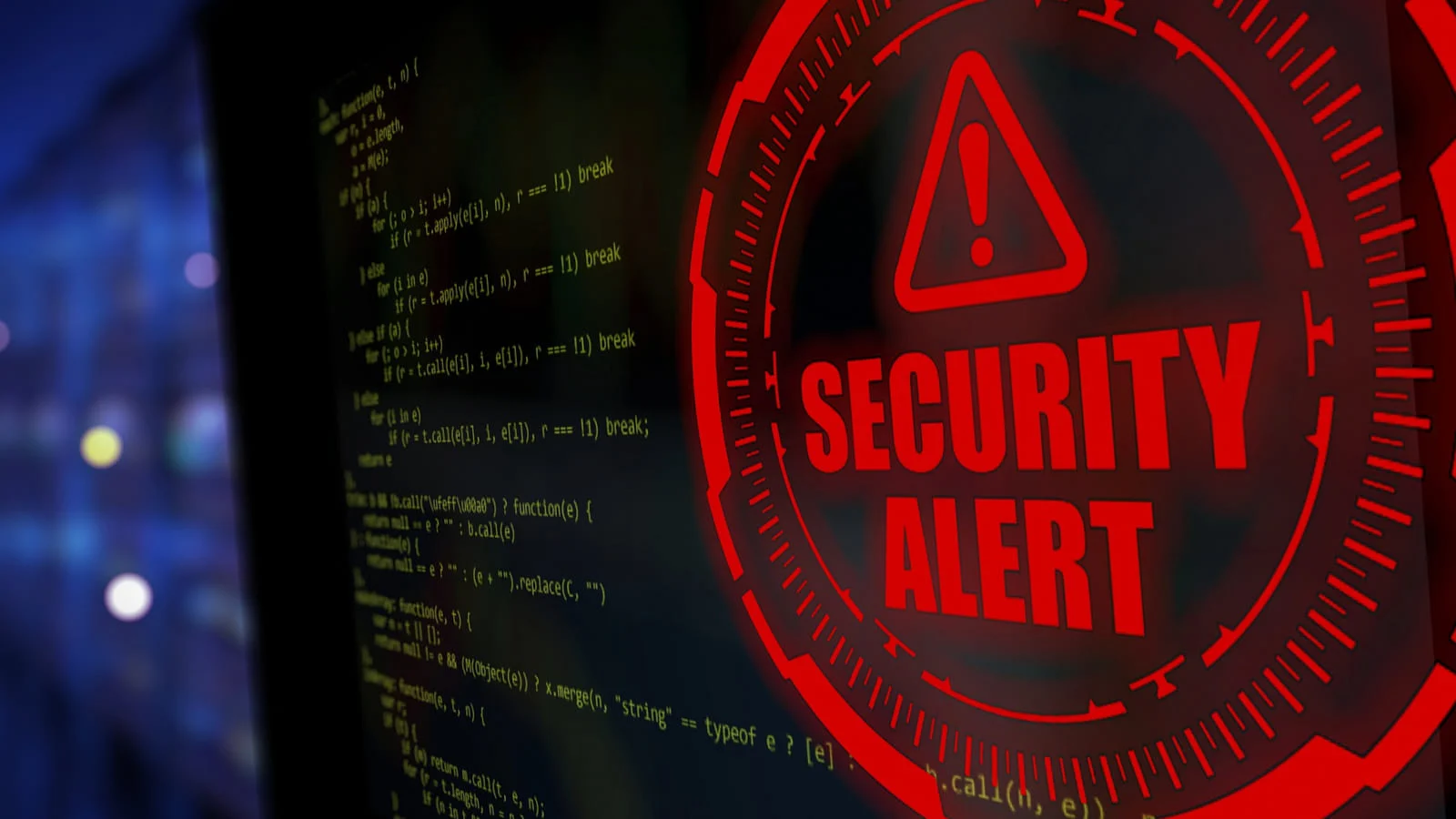The UAE’s cybersecurity authorities have issued a new alert, warning residents and businesses about the sharp rise in QR code scams across the country. As digital payments and touchless interactions become more popular, cybercriminals are increasingly exploiting QR codes to trick users into compromising their personal and financial information.
How the Scam Works
QR codes, which were once primarily used for quick payments, menus, and app downloads, have now become a new target for fraud. In these scams, users are typically:
- Tricked into scanning a malicious QR code that leads to a fake payment page
- Prompted to enter sensitive data like banking credentials, credit card details, or personal information
- Sometimes automatically redirected to malware-infected websites that can steal data from the user’s device
What makes these scams particularly dangerous is that QR codes themselves look innocent and offer no visual clues about where they will lead, making them an ideal tool for cybercriminals.
Why It’s a Growing Concern
The UAE has rapidly embraced digital transformation, with QR codes being widely used across retail, hospitality, transportation, and banking sectors. However, this widespread adoption has created new opportunities for cyber threats.
The Telecommunications and Digital Government Regulatory Authority (TDRA) and other cybersecurity bodies are urging the public to be extra cautious, especially when:
- Scanning QR codes from unknown or unofficial sources
- Receiving QR codes via email, SMS, or unsolicited messages
- Being asked for sensitive information immediately after scanning a QR code
Tips to Stay Safe
Authorities recommend the following steps to protect yourself:
- Verify the source of the QR code before scanning
- Use trusted QR scanner apps that offer URL previews
- Avoid entering personal or financial information after scanning unless you are sure of the destination
- Update your devices and antivirus software regularly to guard against potential malware
- Report suspicious QR codes to the authorities immediately
Businesses are also being advised to regularly audit their posted QR codes to ensure they haven’t been tampered with or replaced by malicious actors.
Final Thoughts
As QR codes continue to be part of everyday life, awareness and vigilance are critical. Scams are evolving as quickly as technology itself, and proactive cybersecurity measures are no longer optional—they’re essential.


